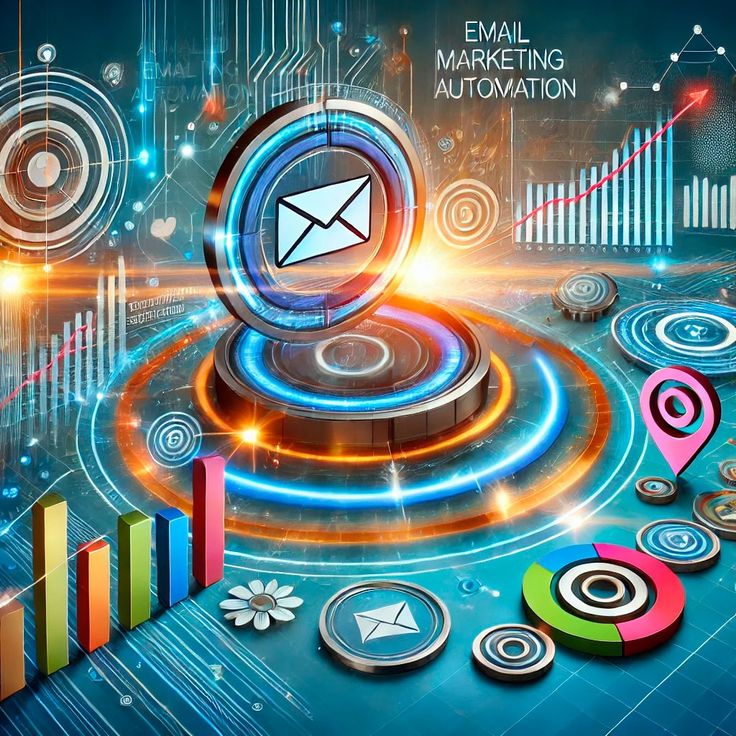DIGITAL MARKETING AGENCY
E-MAIL MARKETING
What is E-Mail Marketing
Email marketing fundamentally serves as a strategy for engaging potential or existing customers through email, delivering targeted messages, calls to action, or value propositions. In contrast to other digital marketing avenues, email provides brands with complete authority over the timing and manner of their communications with the audience. Whether announcing a new product, presenting an exclusive offer, or sharing valuable insights, email marketing allows businesses to connect directly with individuals who have consented to receive such communications. This opt-in characteristic ensures that messages are directed towards those genuinely interested in the brand’s offerings, thereby cultivating a more engaged and responsive audience. Furthermore, email marketing extends beyond mere product promotion; it includes the distribution of personalized messages that enhance customers’ feelings of value, appreciation, and awareness.

How Email Marketing Works
Email marketing fundamentally entails the collection of email addresses, dissemination of pertinent content, and evaluation of outcomes to enhance engagement. The procedure encompasses:
.Establishing an Email List: This can be achieved through lead capture forms, incentives for signing up, or promotions on social media, ensuring that individuals added to the list have provided their consent.
.Audience Segmentation: Dividing the audience based on demographics, behaviors, purchase history, or interests to tailor messages for greater relevance.
.Content Creation and Design: Developing an email that features a meaningful message, appealing design, and a definitive call-to-action.
.Campaign Distribution: Utilizing email marketing software to schedule and automate the sending of emails.
.Performance Tracking and Measurement: Evaluating metrics such as open rates, click-through rates, conversion rates, and return on investment (ROI) to determine effectiveness.
Types of Email Marketing
.Promotional Emails: These communications aim to stimulate purchases, registrations, or downloads. They are typically dispatched during sales events, product introductions, or special time-sensitive offers.
.Welcome Emails: These messages are sent following a subscription to a mailing list, serving as a cordial introduction to the brand while establishing expectations.
.Newsletter Emails: These are systematically scheduled communications that provide valuable content, updates, or announcements, fostering a consistent relationship with subscribers.
.Retention Emails: These are employed to re-engage customers who have become inactive. They may include incentives for reactivation, reminders, or messages expressing that the brand misses the customer.
.Transactional Emails: These are initiated by specific actions, such as confirming a purchase, notifying about shipping, or processing a password reset request.
.Survey and Feedback Emails: Collecting feedback after a purchase or campaign is essential for enhancing future customer experiences.
Key Benefits of Email Marketing
.Economical: Email marketing typically offers a substantial return on investment (ROI) and is more cost-effective than many other marketing methods.
.Tailored Messaging: By segmenting their audience and customizing communications, marketers can deliver emails that are highly relevant and personalized.
.Direct Engagement: This approach allows for direct interaction with customers, eliminating dependence on third-party platforms or algorithms.
.Automation and Growth Potential: Automated email processes can manage repetitive tasks, such as follow-up communications or welcome messages, thereby conserving time and enhancing response efficiency.
.Quantifiable Outcomes: Key performance indicators such as open rates, click-through rates, and conversion rates provide valuable insights into the effectiveness of marketing campaigns.


